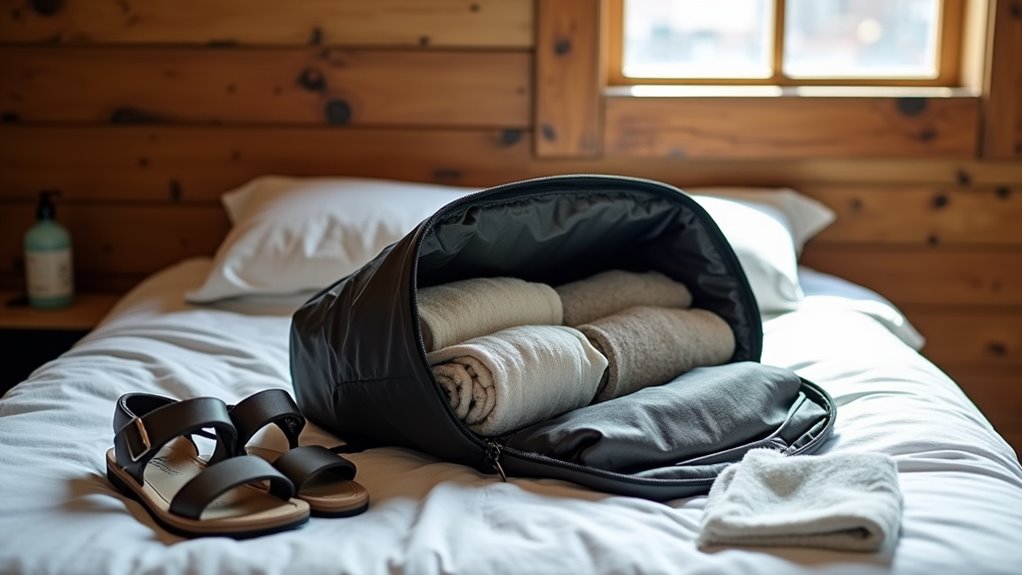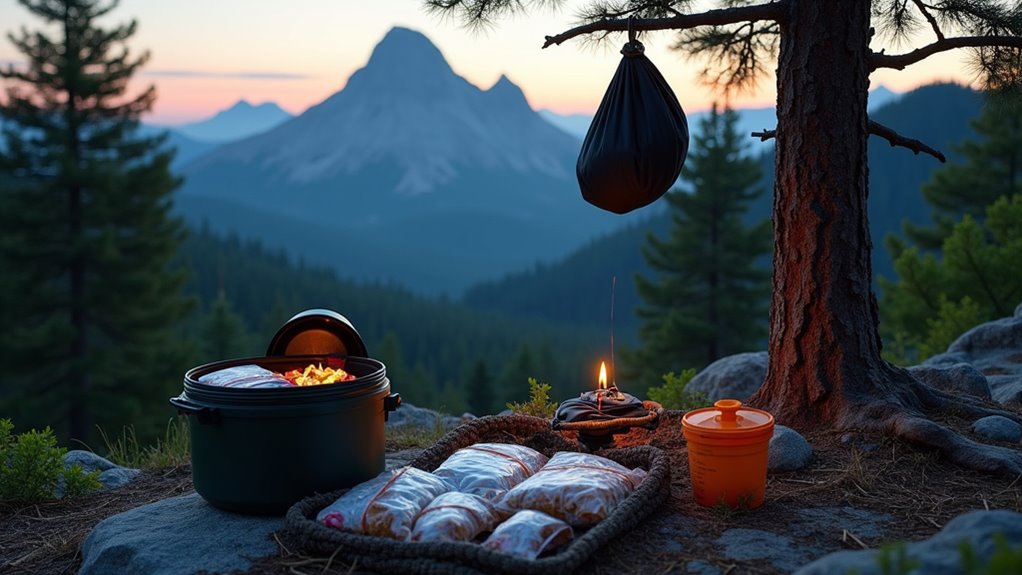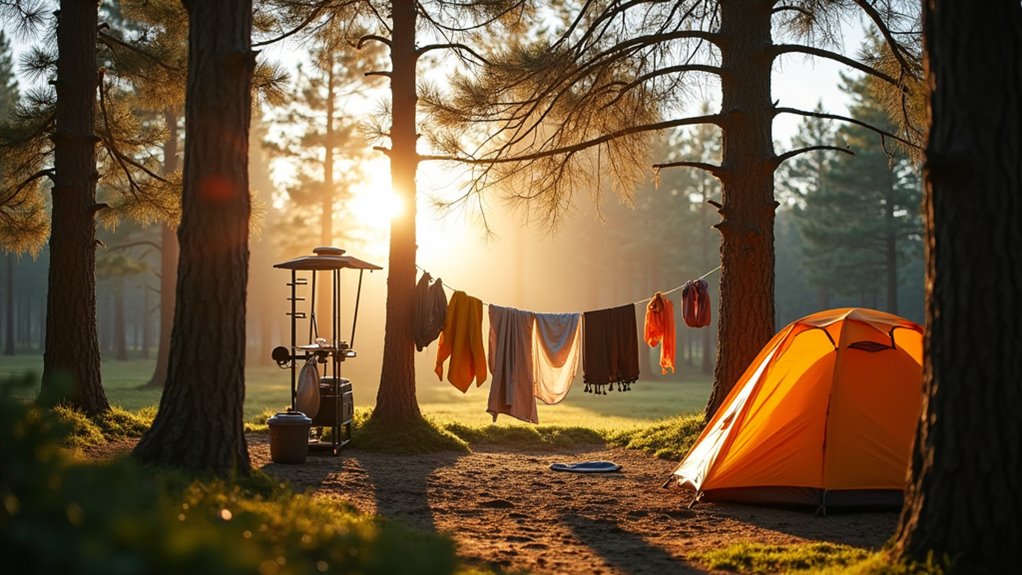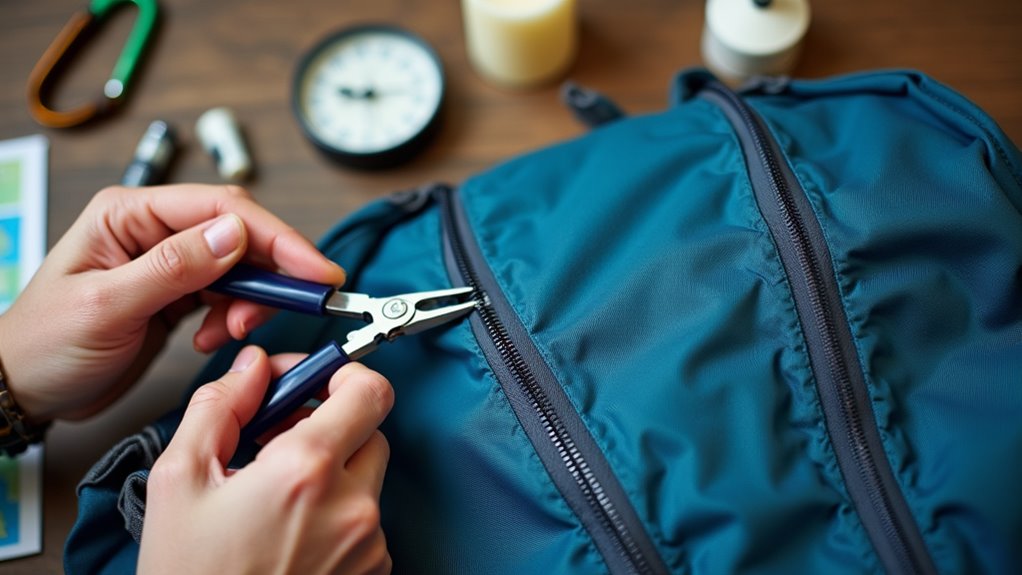If you’re a backpacker, you’ll generally find that hostels offer the lowest nightly rates compared to hotels or Airbnbs, especially in busy cities or travel hotspots. Hostel dorm beds often cost considerably less, usually under $50, while Airbnb private rooms and hotels run higher due to extra fees and amenities. For solo travelers, hostels almost always win on price, but groups may find Airbnbs offer better value when costs are split. There are important details you should consider next.
Whether you’re planning a solo backpacking trip or traveling with friends, choosing between Airbnb and hotels shapes both your budget and experience. If you’re traveling solo and aiming to minimize costs, hostels offer the lowest nightly rates, especially for dorm beds, which often fall under $50 per night.
Airbnb private rooms can match the price of hostel private rooms, but the final cost for a solo Airbnb stay tends to rise due to cleaning and service fees, which may reach up to 14% in addition to flat-rate cleaning charges and taxes. For solo travelers, a single bed in a hostel is generally cheaper than an Airbnb, making hostels the best value for budget-conscious individuals. In contrast, hotels average about $167 per night globally, while Airbnb listings average around $137 per night, though this varies considerably depending on the location and size of the property. Hostels offer a social environment where backpackers can meet fellow travelers, providing a unique experience that hotels and some Airbnbs may not offer.
Airbnb private rooms may seem budget-friendly, but added fees can make solo stays pricier than they first appear.
For groups of two or more, splitting the total cost of an Airbnb can make it more affordable than booking multiple beds or private rooms in hostels or hotels. Airbnb’s entire homes become cost-efficient, providing extra space and amenities at a lower per-person rate than many hotels.
Hotels sometimes offer discounted rates during off-seasons, but Airbnb prices tend to remain stable, as hosts are less likely to adjust rates dynamically.
Hidden fees are present in both options. You’ll encounter resort fees, parking charges, and sometimes inflated meal prices at hotels, while Airbnb may add cleaning and service fees that can greatly increase your total bill.
Taxes also vary by city and can impact either option equally, but last-minute hotel bookings may sometimes waive certain fees, unlike Airbnb, where charges are fixed at checkout. For the truly adventurous backpacker, couchsurfing opportunities provide a completely free accommodation alternative to commercial options.
Privacy levels differ, too. Hotels guarantee private, ensuite bathrooms and daily housekeeping, whereas Airbnb’s private rooms may require sharing spaces with hosts. Entire homes offer full privacy, yet security and responsiveness depend on the host rather than a 24/7 front desk.
Work-friendly amenities, such as kitchens and living rooms in Airbnbs, contrast with hotel business centers, so your needs will influence the best choice.
Ultimately, for backpackers, Airbnbs are generally cheaper for groups, while hostels lead for solo travelers. Hotels often cost more but offer standardized privacy and service.









